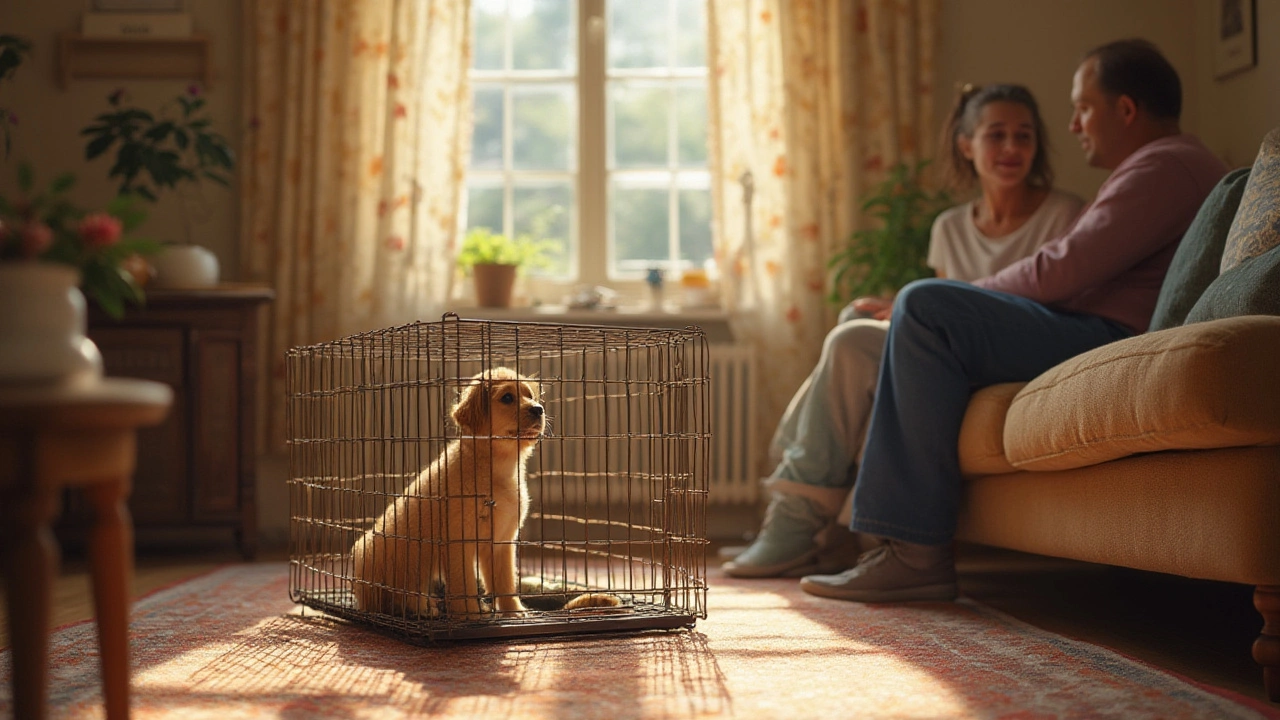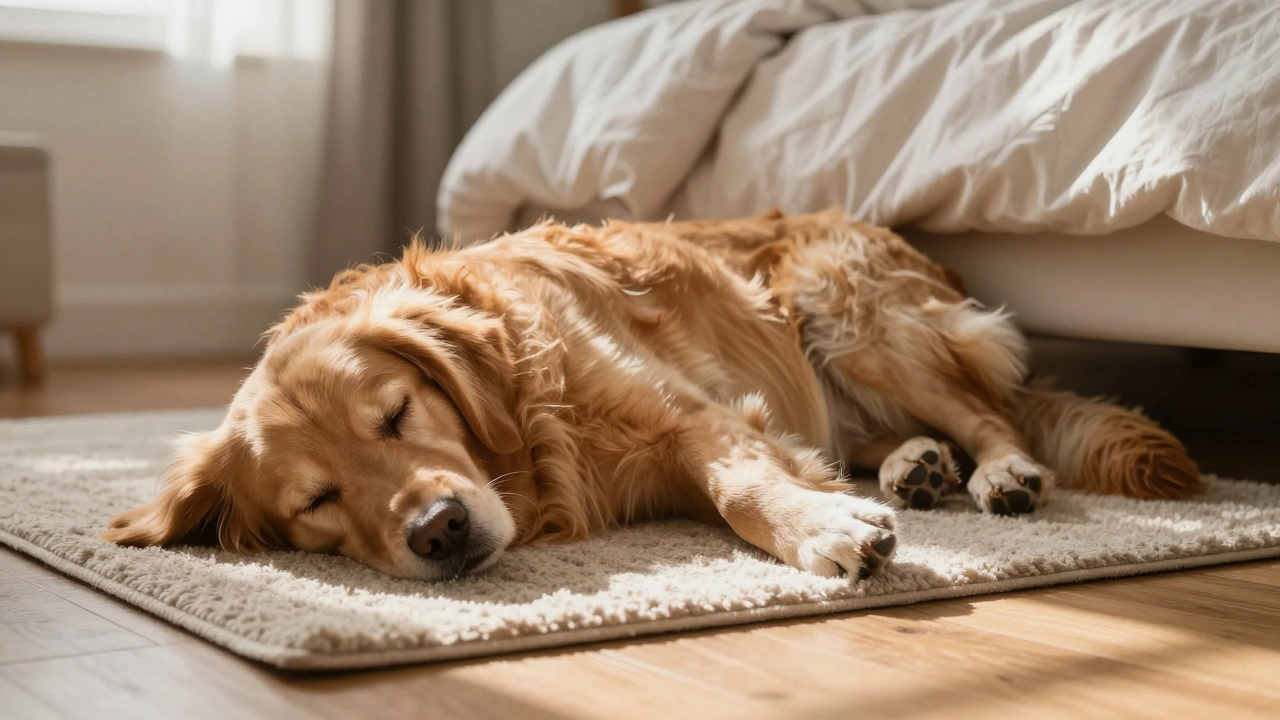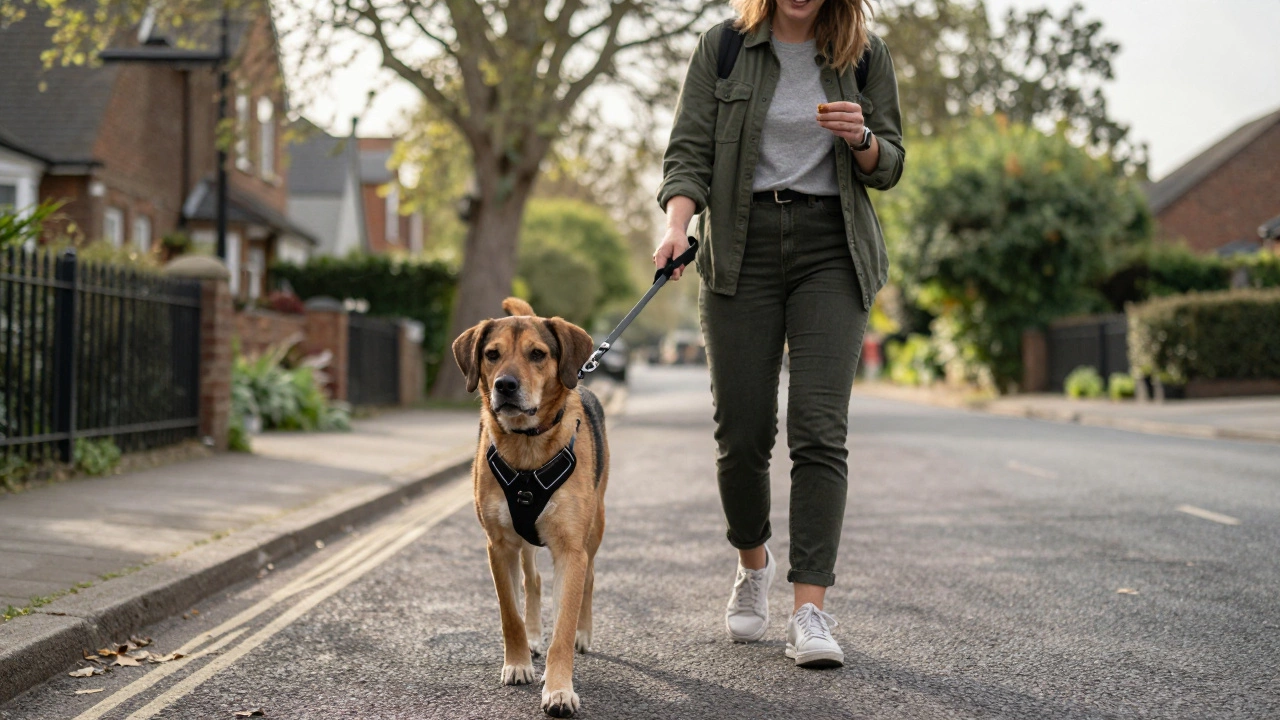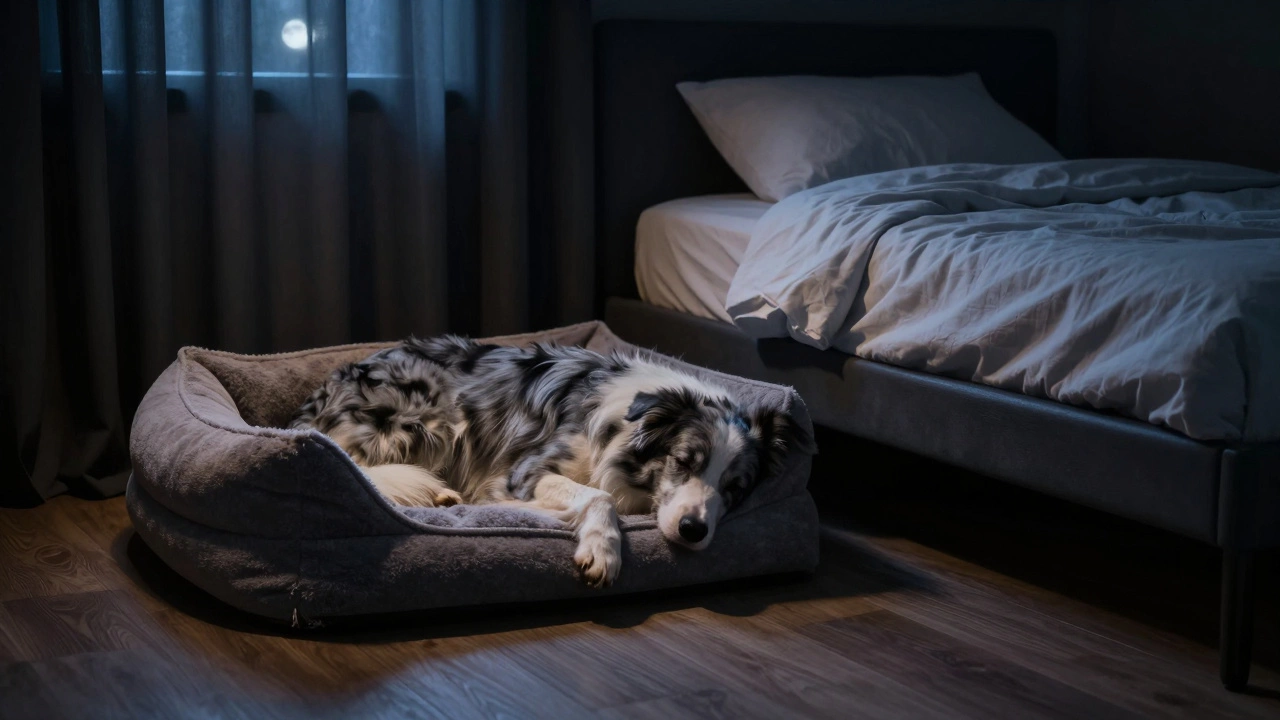Puppy Barking in Crate: What’s Going On and How to Stop It
If you’ve ever heard a high‑pitched wail from a crate, you know how stressful it can feel. Most owners think the bark means the puppy hates the crate, but the truth is often simpler. Puppies bark because they’re scared, bored, or need a bathroom break. The good news? You can calm the barking with a few practical tweaks, no special equipment required.
Why Puppies Bark in Their Crates
First, understand the puppy’s perspective. A crate is a small, enclosed space that can feel like a new room. If the pup hasn’t learned that the crate is safe, the bark is a call for help. Common triggers include:
- Separation anxiety: The pup misses you and uses bark to get attention.
- Physical needs: A full bladder or an empty stomach will make any dog whine.
- Noise overload: Sudden sounds outside the crate can startle a young dog.
- Insufficient exercise: Too much pent‑up energy will show up as vocal frustration.
Notice the pattern. If the bark starts soon after you close the door and stops when you open it, anxiety is likely the main driver.
Quick Ways to Calm the Barking
Here are five easy steps you can start using today:
- Make the crate a happy place: Put a soft blanket, a favorite chew toy, and a piece of your shirt that smells like you inside. The scent reassures the puppy.
- Gradual desensitisation: Start with the door open for a few minutes while you’re in the room. Slowly close it for short bursts, then lengthen the time as the pup stays calm.
- Pre‑crate routine: Give your puppy a walk or a play session right before crating. A tired pup is less likely to bark.
- Limit bathroom breaks: Take the puppy out right before crating and again as soon as you let them out. Consistent timing reduces the urge to bark for a bathroom need.
- White‑noise background: A low fan or a soft radio can mask sudden noises that trigger barking.
Try one tip at a time and watch the reaction. Most owners find that adding a comforting scent and a quick pre‑crate walk cuts the noise in half within a few days.
If the barking persists after a week of consistent practice, consider a short night‑time check‑in. Open the crate, speak calmly, and let the puppy settle before closing again. This reinforces the idea that the crate isn’t a punishment.
Remember, patience is key. Puppies learn faster when they feel safe, not when they’re forced into silence. With the right routine, the crate becomes a cozy den rather than a source of stress, and the barking will fade away.
Crate Training a Puppy: Should You Ignore Barking or Listen?
Ever wondered if you should ignore your puppy barking in the crate? Find out if you’re helping or hurting crate training, and get real tips from real science.






